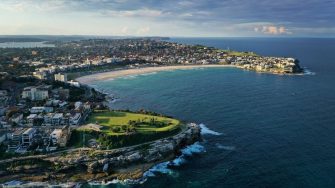Facilitated panel on Natural Capital and Ecosystem Services: Status of the science and evolving policy
International momentum to acknowledge, protect and value natural capital, while integrating natural capital considerations into economic and financial decision-making, is growing.

